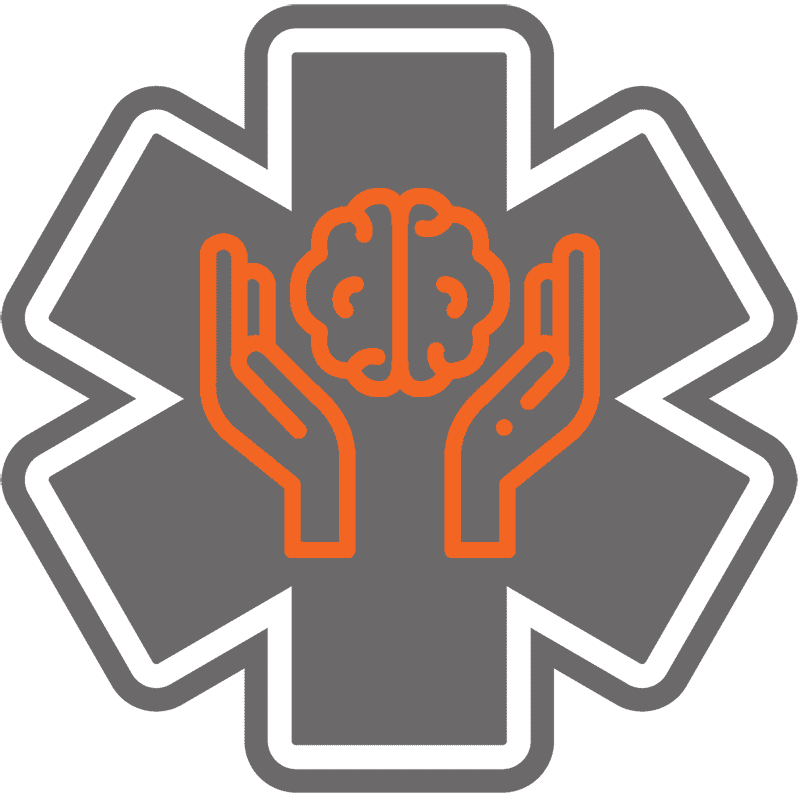Most healthcare workers undergo resuscitation training in order to prepare to provide emergency life support for patients. During your work as a responder, it’s likely that you will put this training into practice. Unfortunately, for patients in cardiac arrest, most are likely to still die, despite our best efforts to resuscitate them.1
In most cases, the reality is that attempting resuscitation means being present for the moments around the death of another human being whose life you are directly trying to save. Therefore, Resuscitation Council UK (RCUK) considers it a duty to prepare all responders for the possible negative impact of a resuscitation event on their mental health and wellbeing.
This resource will help you gain a deeper understanding of:
• your own wellbeing and how it may be affected by exposure to resuscitation events
• how your wellbeing is affected by the team, leadership and organisation around you
• the opportunities at every level to influence your wellbeing and the wellbeing of those around you for the better.
Educating ourselves is the first step to ensuring better wellbeing for responders. 2 No matter what your role, this resource is for you.

